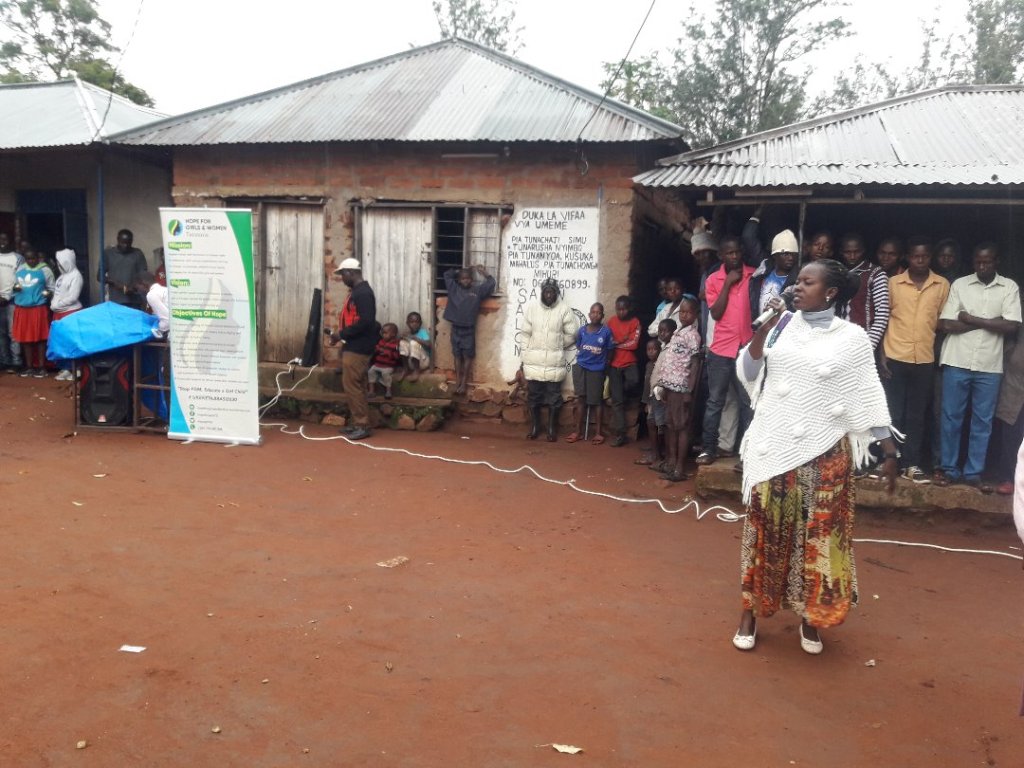‘Female Genital Mutilation’ and ‘data visualisation’ might not be two terms that you would immediately put together. However on June 1st, the and did just that. Their global community of data enthusiasts were challenged to help communicate some of Hope for Girls and Women’s critical stats through a range of different visualisation techniques.

Data can, at times, be quite impenetrable and dry. Being able to identify a logical flow and narrative using data visualisation techniques on a webpage, presentation or report, can help the information become more digestible and intuitive for the audience. According to , ‘the human brain processes images 60,000 times faster than text, and 90 percent of information transmitted to the brain is visual.’

As part of the monthly #Viz5 data visualisation challenge, the team featured data from Hope in an effort to support our advocacy work and raise awareness of the fight to end 91ÁÔÆæ. There were so many great data visualisations produced! These were reviewed by Eva Murray, Technology Evangelist & Tableau Zen Master at Exasol and Seth Cochran, Founder & CEO at .
- You can see and hear the feedback they provided .
- The shortlisted visualisations are also available to view .
Hope for Girls has a relationship with the Viz5 team through our association with the and . They have supported with our data collection and , and were keen to use their platform to help us drive awareness around the challenges we face with 91ÁÔÆæ and the support we provide through the safe houses. Viz5’s passion comes across in the feedback session – we look forward to collaborating again soon!
To read more about the outstanding efforts and this important collaboration, please find the Viz5 article .






























































